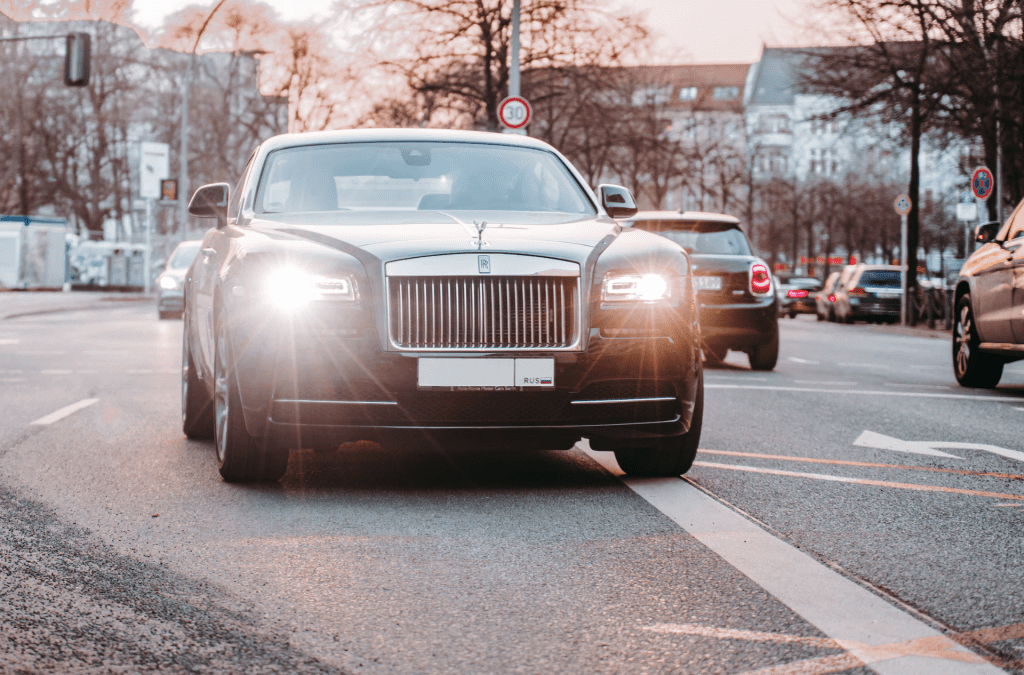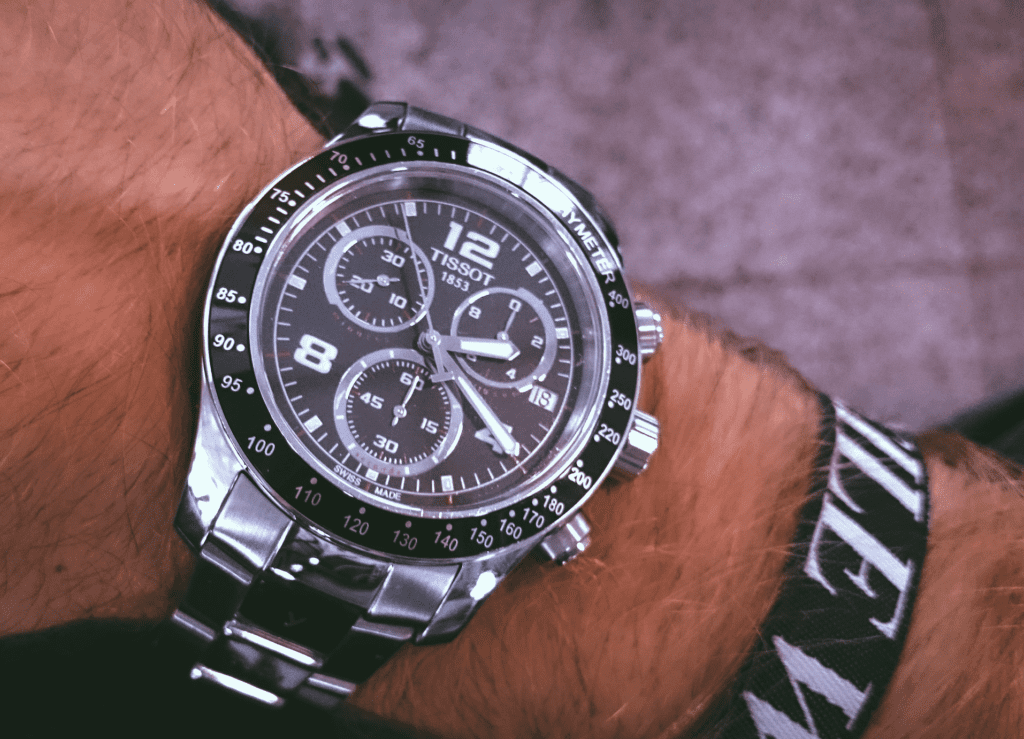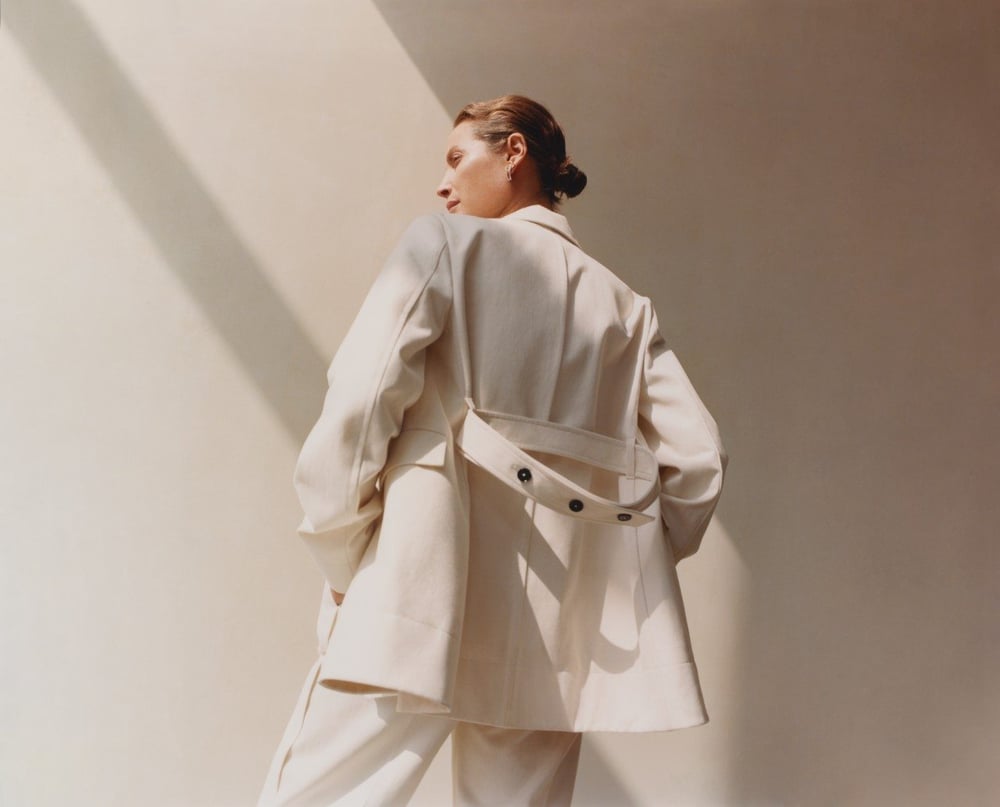Rolls-Royce has waged an interesting new lawsuit over another party’s allegedly infringing use of its well-known trademarks. In the complaint that it filed with a federal court in New Jersey on August 23, the luxury auto-maker claims that One Source to Market, LLC d/b/a HexClad (“HexClad”) is willfully violating its trademark rights in the famous and federally registered ROLLS-ROYCE word mark and ROLLS-ROYCE logo – albeit not by manufacturing and selling similarly-named cars, but instead, by advertising its cookware as “the Rolls Royce of pans.” By putting the slogan at the center of its advertising materials, Rolls-Royce alleges that HexClad is causing it to suffer “ongoing and irreparable harm.”
In the newly-filed lawsuit, Rolls-Royce asserts that it – and its predecessors-in-interest – have manufactured, sold, and serviced luxury automobiles under the ROLLS-ROYCE trademark since 1906. Not limited exclusively to cars, United Kingdom-headquartered Rolls-Royce claims that it uses those same trademarks on a variety of consumer products, including dining and beverage products.
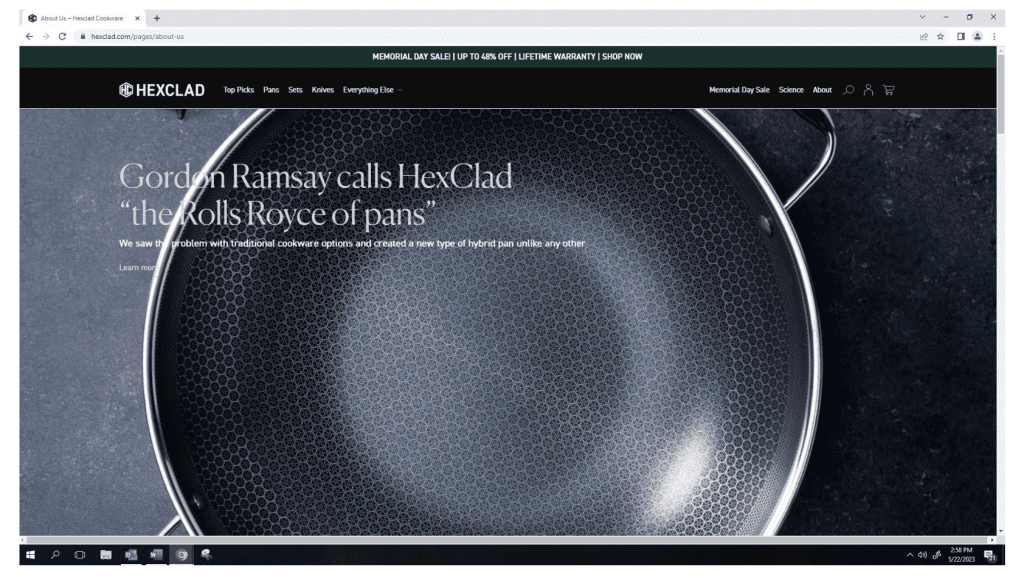
As a result of its “long, continuous, and exclusive use of the ROLLS- ROYCE marks, [its] substantial investments in promotion and advertising under those marks, significant revenues earned from ROLLS-ROYCE products and services, and the substantial media attention and publicity” that it has received, Rolls-Royce contends that it has established strong trademark rights in its marks. In fact, Rolls-Royce claims that its trademarks have been famous in the U.S. for many decades.
To support the fame argument, Rolls-Royce points to Rolls-Royce Motor Cars Limited v. Davis, in which the U.S. District Court for the District of New Jersey held in 2016 that its word mark and logo were famous under the federal and New Jersey dilution statutes, and that the defendant’s use of the musical stage name “Rolls Royce Rizzy” in advertising and selling music diluted the ROLLS-ROYCE marks by blurring and tarnishment. Before that, in a decision in 1985, the U.S. District Court for the Central District of California “recognized the fame of the ROLLS-ROYCE mark” while deciding Sykes Lab., Inc. v. Kalvin, a case to which Rolls-Royce was not a party. In that case, the court held that “the dilution doctrine is only available to protect distinctive marks as exemplified by such famous names as ‘Tiffany,’ ‘Polaroid,’ ‘Rolls Royce’ and ‘Kodak.’” (Emphasis courtesy of the complaint.)
Cars vs. Cookware
As for HexClad, Rolls-Royce claims that the Los Angeles-based company makes, advertises, and sells pots, pans, cookware and other kitchen accessories, and employs celebrity chef, Gordon Ramsey, to promote those goods. (In addition to being a paid spokesperson, Ramsey, who is not named as a defendant in the lawsuit, owns a stake in HexClad, according to the complaint.) In advertising, promoting, and selling its products, Rolls-Royce claims that HexClad has adopted and uses the slogan/tagline “The Rolls-Royce of Pans,” which appears on the company’s website, social media channels, Google ads, and on in-store displays at Costco.
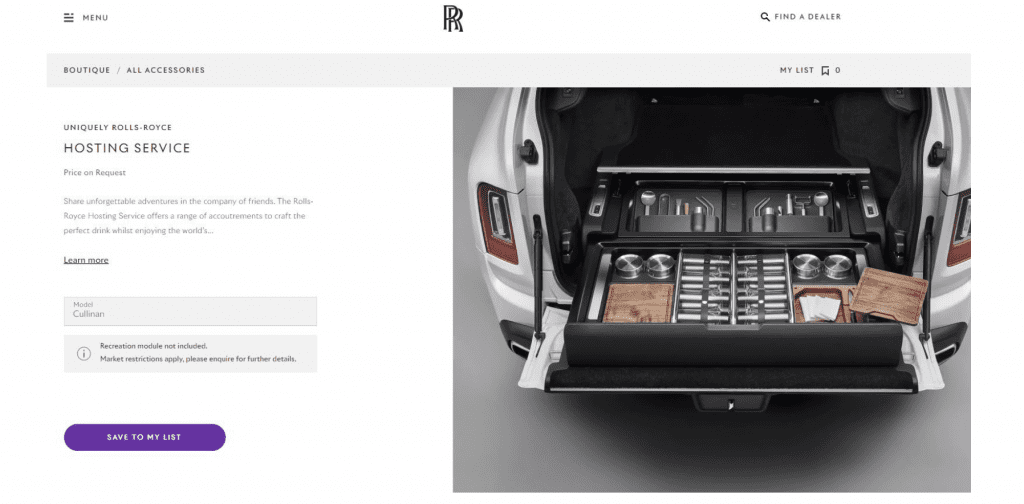
HexClad goes so far as to “feature the ROLLS-ROYCE trademark more prominently than its own HexClad trademarks” in its marketing materials, per Rolls-Royce, which claims that it “promptly objected” to HexClad’s use of the slogan, only to have the company refuses to discontinue its use it. With the foregoing in mind, Rolls-Royce sets out claims of trademark infringement, trademark dilution, and unfair competition, and is seeking monetary damages and injunctive relief to bar HexClad from using, displaying, and/or registering the Rolls-Royce marks “in any form (online or offline.”
Chance of Confusion?
From an infringement point of view, the key question is one of confusion: Are consumers going to mistakenly believe that Rolls-Royce is the maker of the pots and pans at issue, or has otherwise, endorsed or is affiliated with HexClad and its products? In a market in which companies are commonly referred to as/position themselves along the lines of “the Uber of [X industry],” there is room for skepticism here. A quick Google search prompted results that define “a CT scan” as “the Ferrari of X-rays” and David’s Bridal as “the Walmart of wedding dresses,” as well as commentary about how “‘Uber of X’ is an increasingly common descriptor of startups” and “entrepreneurs are eager to label their companies ‘the Apple of X’ or ‘the Uber of Y’ in an effort to reach those ranks.” (Referring to a company as the “Apple of X” in an elevator pitch is different, of course, than slapping that slogan on consumer-facing marketing materials.)
In its defense, HexClad will likely make an argument that the potential for confusion is low, particularly given the largely unrelated goods at issue (cars vs. cookware) and the sophistication of the consumers; it is safe to assume that individuals in the market for $300,000-plus luxury cars exercise a higher standard of care than the average consumer and would, therefore, be less susceptible to confusion HexClad’s use of the marks. And more even more fundamentally, HexClad might argue that it is not using Rolls-Royce marks … as marks, or in other words, as indicators of source.
At the same time, there are Polaroid factors that would likely weigh in Rolls-Royce’s favor here, including Hexclad’s use of identical marks and the element of piggybacking that appears to be at play. In terms of the latter, HexClad seems to be looking to communicate/benefit from the well-known element of luxury that is embedded in the Rolls-Royce brand. It is worth noting, though, that courts have found that a “defendant’s mere intent to copy” without “intent to confuse customers” is not enough to find in a plaintiff’s favor.
In light of the already-established fame of the Rolls-Royce marks and based on consumer comments on Twitter, at least, dilution might be a bit more straightforward. While Rolls-Royce holds itself out as the height of quality and craftsmanship, consumer comments situate Hexclad quite differently. Some recent tweets in response to Hexclad’s products: “Rolls Royce? So overpriced and lower than average reliability??”, “The Rolls Royce of forever chemicals”, and “Yeah, that’s if Rolls Royce put toxins in your body every time you use them.”
A representative for Hexclad was not immediately available for comment.
The case is Rolls-Royce Motor Cars Limited v. One Source to Market, LLC, 2:23-cv-08387 (D.NJ).




